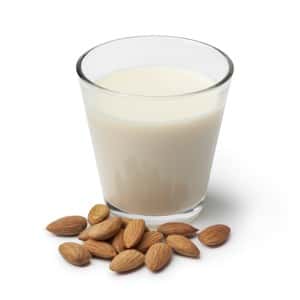
Certain sacred cows in health keep showing up time and again. Take calcium supplements as an example. Even doctors who are extremely skeptical of the value of vitamin and mineral supplements in general have long advised their patients to take calcium supplements to protect their bones or to get calcium in the diet through calcium added to almond milk, for example.
This advice was aimed at postmenopausal women in particular. After all, they are most likely to have osteopenia (bone loss) or osteoporosis (brittle bones). Thus, they have the greatest risk for fractures due to weakened bones. But this recommendation was based more on the idea that bone is made partly of calcium, so more calcium would make for stronger bones, rather than on clinical studies. At least since 2010, medical research has called this dogma into question.
Dangers of Calcium Supplements:
Q. I read about the dangers of taking calcium supplements. It seems the calcium can end up in blood vessels instead of in the bones.
So does the calcium added to almond milk or various other foods count as natural calcium? Is it really a supplement instead? Do only dairy products and leafy vegetables provide the calcium you need?
A. In a recent study, people who took calcium supplements were more likely to have calcification in their arteries (Journal of the American Heart Association, online, Oct. 11, 2016). Calcification is linked to heart disease.
Paradoxically, people who consumed more calcium from food were at lower risk for atherosclerosis.
As the investigators explained, calcium supplements cause “calcium loading.” This term describes excess calcium deposited in the bloodstream at one time. Getting calcium from food provides smaller amounts of this crucial mineral over a longer period of time. As a result, it avoids the problem of calcium loading.
What About Calcium Added to Almond Milk?
Although almonds are a fairly good source of calcium, almond milk is not naturally high in this mineral. The calcium added to almond milk is usually tricalcium phosphate. This is the same form that occurs naturally in milk.
Many food companies fortify almond, rice or soy milk with amounts of calcium roughly similar to cow’s milk. As a result, we doubt that a normal diet using one of these milk substitutes would be risky. (A “normal” diet would mean not much more than a cup at a time, with a total of three or four cups a day.)

